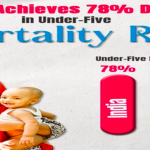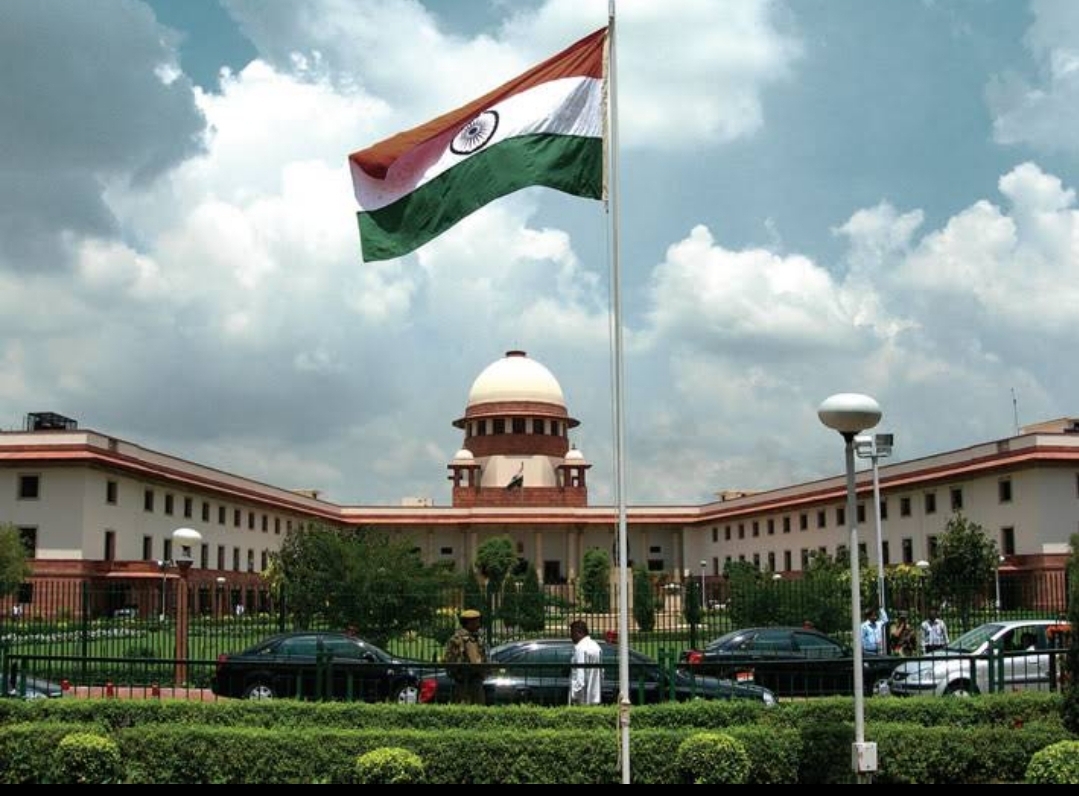The Waqf Amendment Bill, 2024 has been referred to the Joint Parliamentary Committee. Minority Affairs Minister Kiren Rijiju, while introducing the bill in the Lok Sabha, said the government was ready for further scrutiny of the proposed law. He said the central government had nothing to hide about the bill.
https://twitter.com/KirenRijiju/status/1821529219786031172
Earlier, Mr Rijiju said the bill was not intended to interfere in the functioning of the religious body. He said it was aimed at providing justice to the deprived and poor sections of the Muslim community. He said the subject falls under the Concurrent List of the Constitution and the Centre was fully competent to legislate on it. Mr Rijiju said the law was brought in accordance with the recommendations of the Sachar Committee and various committees of previous governments. He said there were many flaws in the functioning of the Waqf boards and some people had taken over these boards. He said the law was brought to bring transparency and ensure proper representation of Muslim women and backward Muslims. Mr Rijiju said that about 12 thousand cases related to Waqf Boards are pending and this bill has a provision to settle such cases within six months. He informed that about 200 complaints were received within a year regarding problems related to encroachment in Waqf Board properties. He rejected the allegations of the opposition that the bill has been brought without proper consultation with the stakeholders. Mr Rijiju said that before bringing this bill, extensive consultations were held with the stakeholders. He said that the Waqf Board Tribunal will have one judicial and one technical member.
https://twitter.com/KirenRijiju/status/1821531627173941285
Earlier, Congress, Trinamool Congress, Samajwadi Party, Dravida Munnetra Kazhagam, Nationalist Congress Party (Sharad Pawar), Left and other parties opposed the bill and called it against the Constitution and religious freedom. Congress MP K.C. Venugopal said that this bill is an attack on the federal structure of the country. He said that the bill has a provision to keep non-Muslims in the governing council of the Waqf Board which is an attack on faith and religion. He said that this bill has been brought keeping in mind the upcoming assembly elections in Maharashtra and Haryana. Akhilesh Yadav of Samajwadi Party questioned the provision of nomination of members of other religious communities in the Waqf Board. Sudip Bandhopadhyay of Trinamool Congress called this bill unconstitutional and against the federal structure. Kanimozhi Karunanidhi of Dravida Munnetra Kazhagam also opposed this law. She said that the government is going against the Constitution, federalism and minorities. Supriya Sule of NCP demanded to withdraw the bill or send it to the standing committee for further investigation. E T Mohammed Basheer of IUML said that the law has given all the power to the District Magistrate who will be more powerful than the Chairman of the Waqf Board. Radhakrishnan of the Communist Party of India (Marxist) also opposed the bill and demanded to send it to the standing committee. N.K. Premachandran of Revolutionary Socialist Party said that it is against the provisions of the Constitution. Opposing the bill, AIMIM’s Asaduddin Owaisi said it was discriminatory.
Janata Dal United’s Rajiv Ranjan Singh alias Lallan Singh rejected the allegations that the bill was against a particular community. He said the Waqf Board is an institution formed by law and this law has been brought to bring transparency in it. He said the opposition was trying to mislead people about the bill. Mr Singh targeted the Congress and referred to the Sikh riots in Delhi. Telugu Desam Party’s GM Harish Balayogi said if the power related to the Waqf Board is misused, it is necessary to bring amendments to maintain transparency. He said the party would support the bill if the law was sent to the Select Committee for extensive discussion to clear all misunderstandings.
The Waqf Amendment Bill-2024 aims to remove the shortcomings of the existing law and increase the efficiency of administration and management of Waqf properties. The Bill provides for renaming the Waqf Act, 1995 as the Integrated Waqf Management, Empowerment, Efficiency and Development Act, 1995. It also provides for the District Magistrate or any other officer of the rank of Sub-Divisional Magistrate to be appointed as the Survey Commissioner duly nominated by the District Magistrate for survey of waqf properties. It also provides for a broad-based structure of the Central Waqf Council and State Waqf Boards and ensuring representation of Muslim women and non-Muslims. It also provides for the establishment of a separate Waqf Board for Bohras and Aagakhanis and representation of Shias, Sunnis, Bohras, Aagakhanis and other backward classes among Muslim communities. The Bill also provides for reforming the tribunal structure to have two members and for appeals to the High Court within a specified period of ninety days against the orders of the tribunal.
The Muslim Waqf (Repeal) Bill 2024 was also introduced in the House to repeal the Muslim Waqf Act 1923.











Add Comment